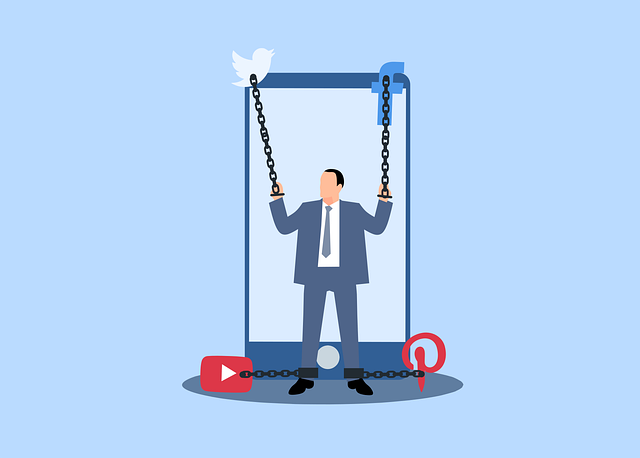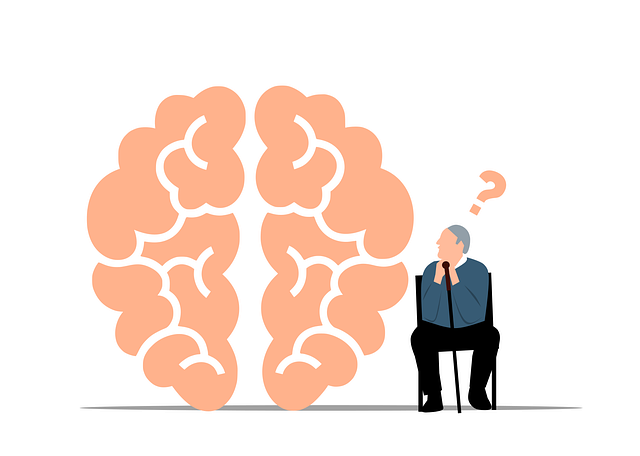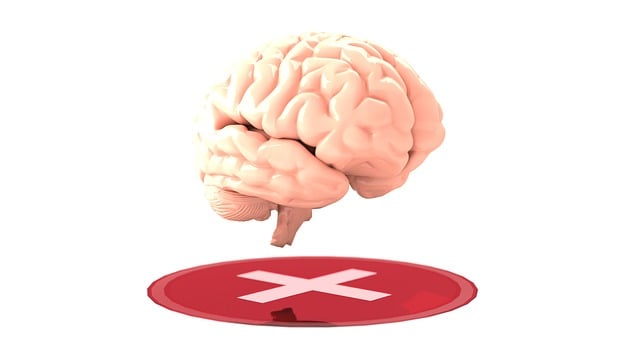The growing mental health crisis among young children demands innovative solutions. Traditional counseling may not meet their unique needs. Apps offering tailored therapy, crisis counseling, journaling exercises, and mindfulness techniques can provide accessible tools for mood management and emotional well-being. These digital interventions reduce stigma, encourage proactive mental health practices, and have the potential to revolutionize support for younger users. With proper ethical considerations and marketing strategies emphasizing early intervention, these apps can effectively address emerging mental health concerns in children.
In recent years, the mental health crisis among young children has escalated, highlighting the urgent need for accessible and effective interventions. Mobile apps offer a promising solution as early intervention tools, providing counseling and therapy right at home. This article explores the development of mental wellness apps tailored to young children, focusing on key features, ethical considerations, and marketing strategies. By understanding the crisis and leveraging technology, we can revolutionize therapy accessibility, ensuring every child receives the support they need for a healthier future.
- Understanding the Young Children's Mental Health Crisis
- The Role of Mobile Apps in Early Intervention
- Key Features for an Effective Therapy App
- Ethical Considerations and Privacy Concerns
- Marketing and User Engagement Strategies
Understanding the Young Children's Mental Health Crisis

The mental health landscape for young children is increasingly fraught with challenges, painting a stark picture of a growing crisis that demands immediate attention and innovative solutions. This epidemic encompasses various issues, from anxiety and depression to more severe conditions like trauma and behavioral disorders. Recognizing the unique cognitive and emotional development stages of childhood, it’s evident that traditional therapy approaches may not always resonate effectively with young minds.
The need for tailored interventions is clear, especially when considering the impact of mental health struggles early in life. Therapy for young children must go beyond standard counseling to incorporate engaging methods like journaling exercises and play-based guidance, which can normalize discussing feelings and emotions. Additionally, trauma support services that cater to this demographic are crucial for healing and building resilience. By addressing these concerns, developers of mental wellness apps have a significant role in offering accessible tools for promoting mood management and overall mental wellness among children.
The Role of Mobile Apps in Early Intervention

Mobile apps are playing a pivotal role in early intervention for mental health issues, particularly among young children. With the increasing accessibility and prevalence of smartphones, developers have an opportunity to create tools that can provide therapy for young children at their fingertips. These apps offer discreet and convenient access to crisis counseling, allowing users to seek support whenever and wherever needed. By integrating features like mental wellness journaling exercises and guidance on burnout prevention strategies for healthcare providers, these applications cater to various aspects of emotional well-being promotion techniques.
Early intervention through digital means can significantly reduce the stigma associated with seeking therapy, encouraging more individuals, especially younger ones, to proactively address their mental health concerns. Apps designed for this purpose often include engaging and interactive elements that make complex therapeutic practices accessible and enjoyable. This shift towards mobile interventions has the potential to revolutionize mental wellness support, ensuring that children receive timely assistance in managing stress, anxiety, or other crises, thereby fostering healthier emotional development.
Key Features for an Effective Therapy App

When developing a therapy app tailored for young children, integrating crisis counseling features is crucial to address emerging mental health concerns. These apps should offer interactive and engaging tools that cater to the unique needs of younger users, ensuring accessibility and comfort in discussing emotions and experiences. Incorporating features like guided meditation and mindfulness exercises can provide anxiety relief, a key aspect of mental wellness for this demographic.
Additionally, including functionality for mental wellness journaling allows children to express themselves creatively while tracking their emotions and behaviors. Exercise guidance tailored for self-care routines can empower kids with strategies for better mental health management. By combining these features, therapy apps can effectively support young individuals in navigating their emotional journeys and fostering resilience during crises.
Ethical Considerations and Privacy Concerns

As mental wellness apps gain popularity, it’s imperative to address ethical considerations and privacy concerns. These digital tools, designed to offer therapy for young children and crisis counseling, must be developed with transparency and integrity at their core. Developers must ensure user data is securely protected, adhering to strict privacy standards to maintain trust. Self-care routine development for better mental health should never compromise confidentiality; users’ personal struggles and progress should remain private.
Risk management planning for mental health professionals is crucial in this digital landscape. App developers have a responsibility to implement robust safeguards against data breaches and unauthorized access. Public awareness campaigns can play a significant role in educating users about their rights and the measures taken by app creators to protect sensitive information, fostering a culture of open dialogue around mental wellness.
Marketing and User Engagement Strategies

Marketing and User Engagement Strategies for mental wellness apps should focus on raising awareness about the importance of early intervention for young children’s mental health. Targeted campaigns that highlight the efficacy of therapy in addressing crisis counseling needs can attract parents and caregivers seeking support. Leveraging social media platforms, collaborations with schools, and partnerships with influential mental health advocates are effective ways to reach a wider audience.
Engaging users through gamified features, personalized content, and community forums fosters a sense of belonging and encourages consistent app usage. Offering free trials or introductory sessions can entice new users, while implementing referral programs incentivizes existing users to share the app with others in need. Moreover, integrating evidence-based practices like mood management tools and stress management workshops within the app can enhance its perceived value, positioning it as a comprehensive resource for mental wellness.
Mental wellness apps have the potential to revolutionize therapy for young children crisis counseling, offering accessible and engaging early intervention strategies. By incorporating key features like personalized goals, interactive activities, and progress tracking, these applications can effectively support mental health development. However, developers must address ethical considerations and privacy concerns to build trust with users. Through strategic marketing and user engagement, apps can reach a wider audience, making quality counseling more accessible. Ultimately, leveraging technology in this way has the promise to make a significant impact on addressing the young children’s mental health crisis.









